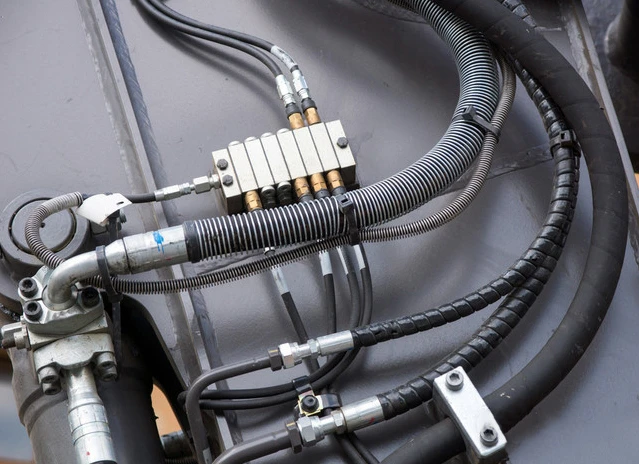

For car owners considering a do-it-yourself approach, purchasing a brake pipe replacement kit might seem tempting. Many kits available in the market include pre-cut and pre-flared brake lines, reducing the technical challenge for enthusiasts. Although this might save money on labor costs, it requires a solid understanding of vehicle mechanics and safety protocols to ensure the installation is done correctly. Improper installation can lead to critical failures in the brake system, making professional installation the safer choice for most drivers. Aside from the immediate cost considerations, investing in high-quality brake pipes has long-term benefits, too. Durable and well-installed brake lines can enhance the longevity and resale value of your vehicle, providing peace of mind about future vehicle performance. Additionally, replacing brake pipes proactively, rather than reactively, can prevent potentially costly damage or accidents caused by brake failure. Routine vehicle inspections play a crucial role in identifying when brake pipes need replacing. Regular checks for brake fluid levels, unusual noises, or a reduction in braking efficiency can prompt timely maintenance actions. Partnering with an experienced automotive professional for these regular checks is crucial, as they can provide insights and recommendations based on the specific wear and tear observed on your vehicle. Ultimately, the cost of replacing brake pipes is a worthwhile investment in vehicle maintenance that enhances safety and performance. By understanding the variables that influence pricing and emphasizing the importance of expert installation, car owners can make informed decisions that align with their safety priorities and budgetary constraints. Ensuring your brake lines are in optimum condition is not just about preserving your vehicle, but also about protecting everyone who travels inside it.
Previous:
Next:
OUR LATEST NEWS
Strict quality control strict production team to ensure stable products quality. Scientific personnel management, efficient production arrangements to ensure our timely delivery.
Product Application





















